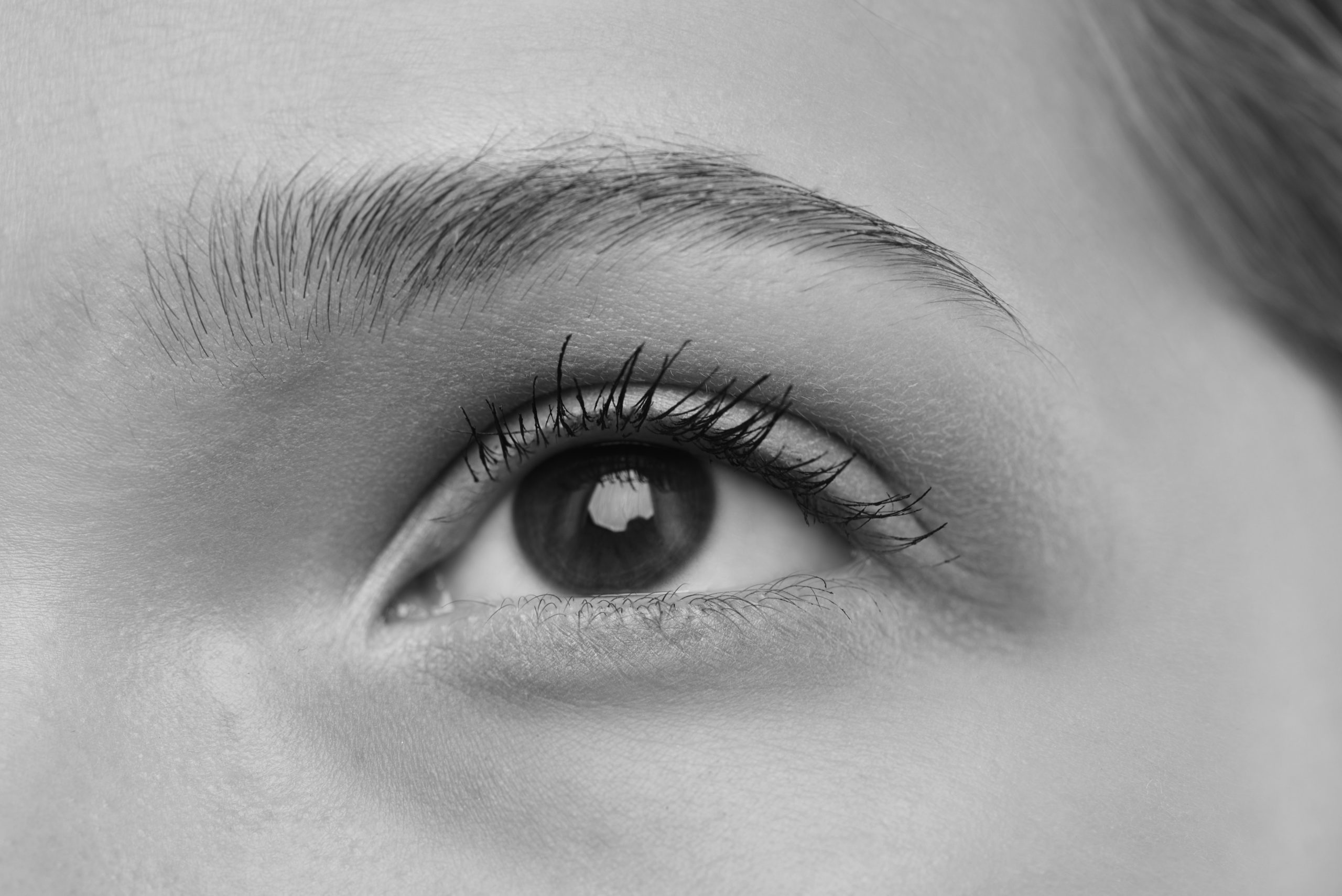I had a good conversation Saturday with a college student named Emily, a rare pleasure for an old man like me. Most of my social life is spent with geriatrics eager to talk about their most recent hip replacement, but Emily talked about her ambition to go to law school and to devote herself to the issue of prison reform.
A bright articulate idealist from a good family who entertains noble ambitions that nobody in my age group would consider for two minutes; we’re done with nobility — when we were her age we sang that deep in our hearts we believed that we would overcome, but instead we got good jobs and hung out with cool people and were overcome by piles of stuff we couldn’t bear to part with and now we just hope not to fall down in the street and bang our noggin against a curb and lie there gaga and be hauled away by EMTs who’ll never realise what an illustrious person we used to be and not this gibbering mess on the gurney. And we’re hoping to get a decent obit even though our illustriousness ended when most obit writers were in the third grade. The surest way to get a great obit is to be in the arts and die before 40 and it’s too late for that.
“Every time I fly into LaGuardia, I look out at the hellhole of Rikers Island, a prison right out of Dickens’s England”
Prison reform is a truly noble cause because there is no political constituency demanding it. Every time I fly into LaGuardia, I look out at the hellhole of Rikers Island, a prison right out of Dickens’s England, where men languish who are unable to make bail and life is brutal, and the Democratic hacks of New York won’t touch this issue lest they be thought weak on crime. Emily knew all about this and she nodded.
And if you take on prison reform, then you need to reform our broken mental health system that was destroyed by my fellow liberals 40 years ago as “deinstitutionalisation,” the idea that rather than enormous hellholes, you put the inmates in small hellholes where we wouldn’t be so aware of them. Emily knows about this too. And whatever progress you make will be painfully slow: nobody will come up with an algorithm to produce social justice.
When you take on a noble cause that’s a steep uphill climb and that brings you into conflict with bullies and bureaucrats who will make you question your faith in human goodness, you need to protect your own soul and not get ground down by weariness and despair, and what I recommend is that you take up dancing, particularly Latin dancing.
There is a whole subculture of Latin dance – people devoted to the tango, samba, salsa, mambo, meringue – because when they go out on the dance floor and do complicated steps, it makes them happy, no matter what. After a day of beating your head against the world’s indifference, go find a salsa class and work your way up toward the tango, and as you improve, you’ll find that your body in sync with the music can bring you delight.
I once gave a graduation speech at a school for special-needs kids and afterward there was a dance in the gym. I stood and watched the students file in, kids we used to call “handicapped” and now we say “learning challenged”. Kids on the spectrum, some with physical oddities, glitches of speech, and I remembered how cruel and callous we were to kids like these in my high school days. It was not considered cool to befriend them — what if one of them wanted to dance with you? — and they sensed this so they never went to school dances.
And now a local rock band made up of geezers my age tuned up and launched into ‘She’s So Fine’ and the kids went crazy for it and ‘Surfin’ USA’ and Van Morrison’s ‘Brown-Eyed Girl’ and we elders sang, “Do you remember when we used to sing, sha la la la la la la la la la de dah, my brown-eyed girl”, and in that blessed moment, the kids lost all their self-consciousness, they were running and jumping, dancing. They were all equal in the eyes of the Lord and of each other. It was euphoric. It made me cry.
Emily, God bless your idealism and the hard work required, but there has to be joy too. Nothing good can be accomplished without joy. I think Emerson said that. If not, he should’ve.








